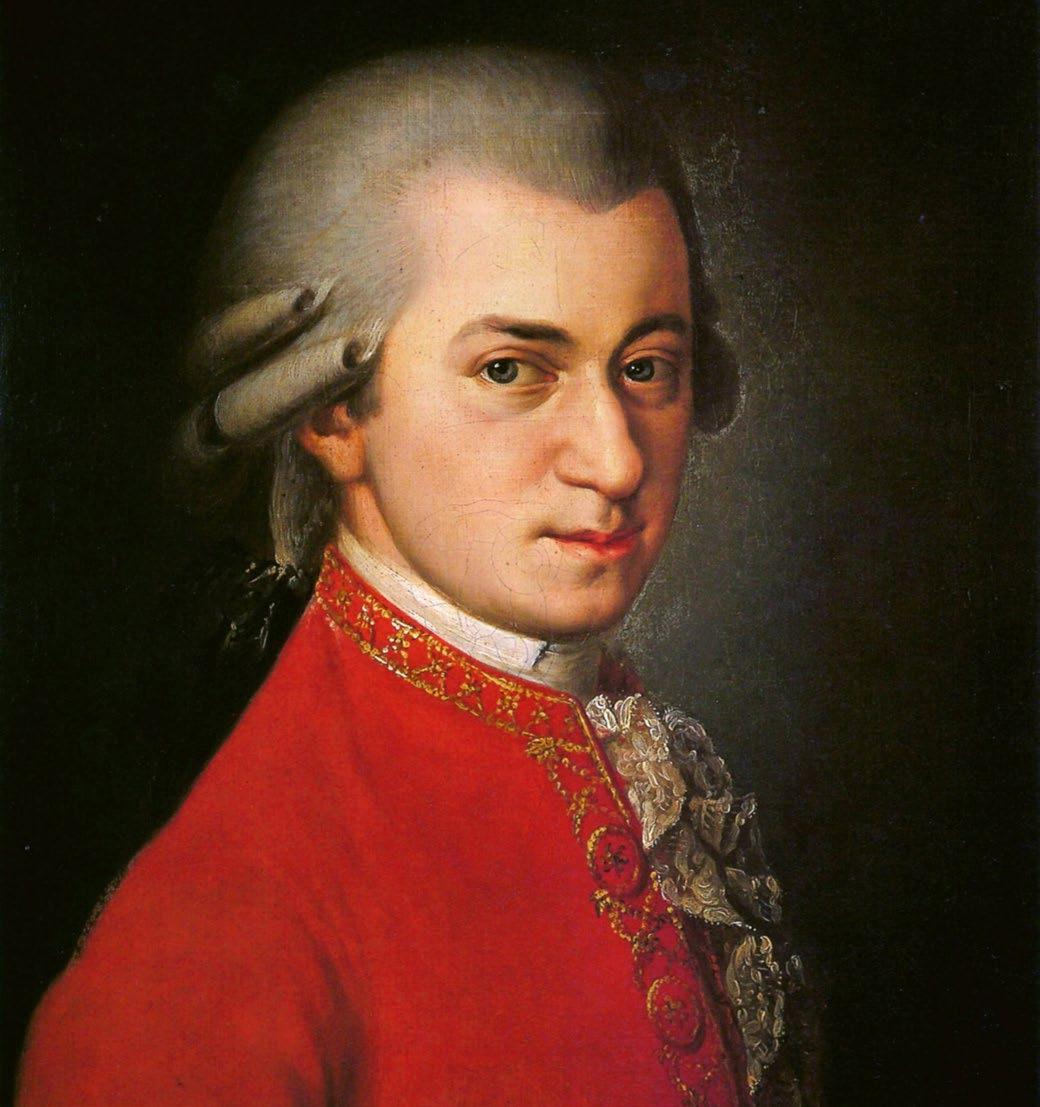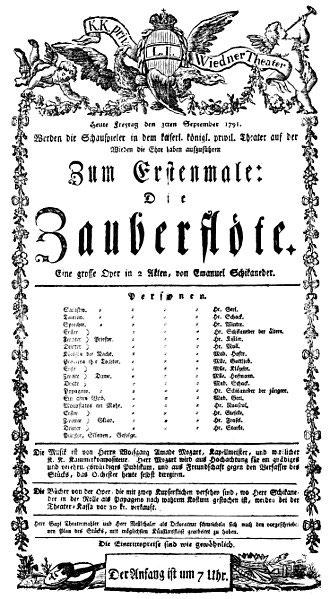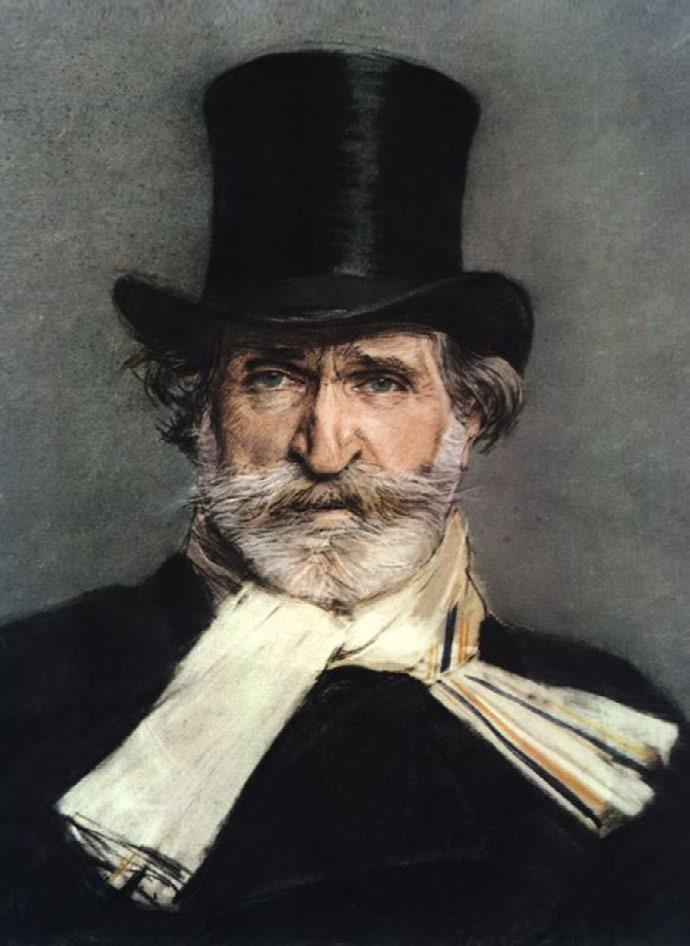
1 minute read
CLASSICAL (1730-1820)
1805 Ludwig van Beethoven
(1770-1827) although a prolific composer, wrote only one opera, Fidelio. The extremes of musical expression in Beethoven’s music pushed the boundaries in the late Classical period and inspired generations of Romantic composers.
Advertisement
1750s A reform movement, led by Christoph Gluck (1714-1787), rejected the flashy ornamented style of the Baroque in favor of simple, refined music to enhance the drama. simplicity refined to enhance the drama.
1816
Gioacchino Rossini
1767
Wolfgang Amadeus Mozart (1756-1791) wrote his first opera at age 11, beginning his 25-year opera career. Mozart mastered, then innovated in several operatic forms. He wrote opera serias, including La Clemenza di Tito, and opera buffas (comedic operas) like Le Nozze di Figaro (The Marriage of Figaro). He then combined the two genres in Don Giovanni, calling it dramma giocoso (comedic drama). Mozart also innovated the Singspiel (German sung play), featuring a spoken dialogue, as in Die Zauberflöte (The Magic Flute).
1792-1868) composed Il Barbiere di Siviglia (The Barber of Seville), becoming the most prodigious opera composer in Italy by age 24. He wrote 39 operas in 20 years. A new compositional style created by Rossini and his contemporaries, including Gaetano Donizetti and Vincenzo Bellini, would, a century later, be referred to as bel canto (beautiful singing). Bel canto compositions were inspired by the nuanced vocal capabilities of the human voice and its expressive potential. Composers employed strategic use of register, the push and pull of tempo (rubato), extremely smooth and connected phrases (legato), and vocal glides (portamento).

1853 Giuseppe Verdi (1813-1901) completed La Traviata, a story of love, loss, and the struggle of average people, in the increasingly popular realistic style of verismo. Verdi enjoyed immense acclaim during his lifetime, while expanding opera to include larger orchestras, extravagant sets and costumes, and more highly trained voices.










